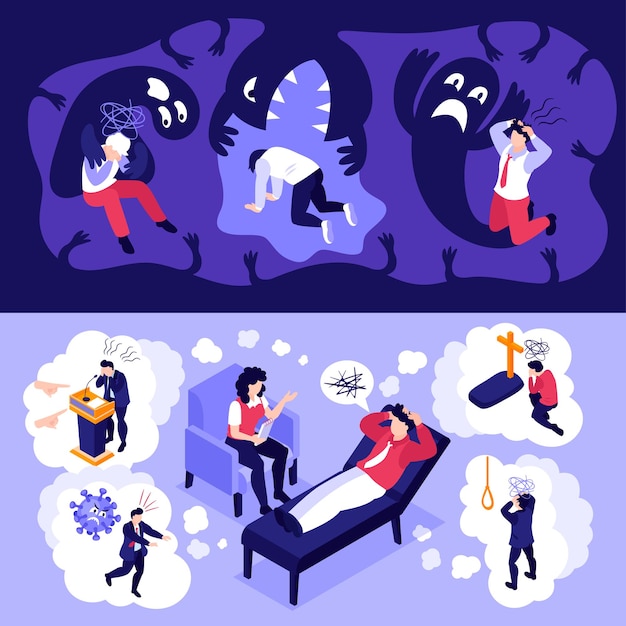
Feeling trapped in the grip of addiction? You’re not alone. Millions deal with addiction every day, but remember that it’s not the end of the line. With the right support and information, anyone can overcome addiction — it’s possible to beat it for good. This is what we’ll talk about here.
Here’s a quick snapshot: The rate of returning to drug use is roughly between 40% and 60%, similar trends to chronic diseases. Overcoming addiction to heroin and alcohol poses considerable challenges. But you reading this is already a positive step. Joining rehab programs like Addiction Treatment Centers can also be a good move. Let’s now explore some ways you can break free from addiction:
1. Own Up and Reach Out: Acknowledge your struggle with addiction and be open to seeking help. There’s no shame in needing support. Remember, success is possible, no matter how tough things may seem right now.
2. Spiritual Connection: It’s powerful to find hope and purpose in a spiritual path. This could include counseling, faith-based groups, or other resources.
3. Detox: The process of detoxification isn’t about quitting all at once; it’s about gradually reducing your substance use while giving your body time to adapt. You can detox using methods like medication, diet therapy, or behavioral therapies.
4. Cognitive Behaviour Therapy (CBT): CBT is a therapeutic approach focused on how thoughts and feelings shape our actions. The aim is to swap negative thought patterns for more positive ones.
5. Rational Emotive Behaviour Therapy (REBT): A type of CBT developed by Albert Ellis in the 1950s. REBT believes that irrational beliefs lead to emotional and behavioural problems, but we can learn to adopt more rational thinking.
6. Contingency Management: This behavioral therapy rewards drug-free behaviour and imposes consequences for relapse, motivating continued efforts towards recovery.
7. 12-Step Facilitation: A therapy offered at centers like Addiction Treatment Centers, based on the Alcoholics Anonymous 12-step technique. While changing thought and behaviour patterns associated with addiction, it also addresses any other mental health issues.
8. Journaling and Meditation: Journaling is a form of self-reflection where you can express feelings and emotions. Meditation calms the mind, reducing stress, anxiety, and even decreasing inflammation in the brain, which aids addiction recovery.
9. Connect with Others: Reach out to your social circle or support groups. Many others have walked this path and can be a source of inspiration and strength.
10. Anger Management: Anger is a common reaction among individuals battling addiction. Anger management can teach you to control your anger in a healthier way.
In conclusion, numerous ways exist to assist people struggling with addiction, though getting professional treatment from Addiction Treatment Centers is essential. Recovering from addiction takes its own time, so patience is key. Be there for your loved ones through this healing journey. The road to recovery is not a straight path — remember, life is full of unexpected twists and turns.


